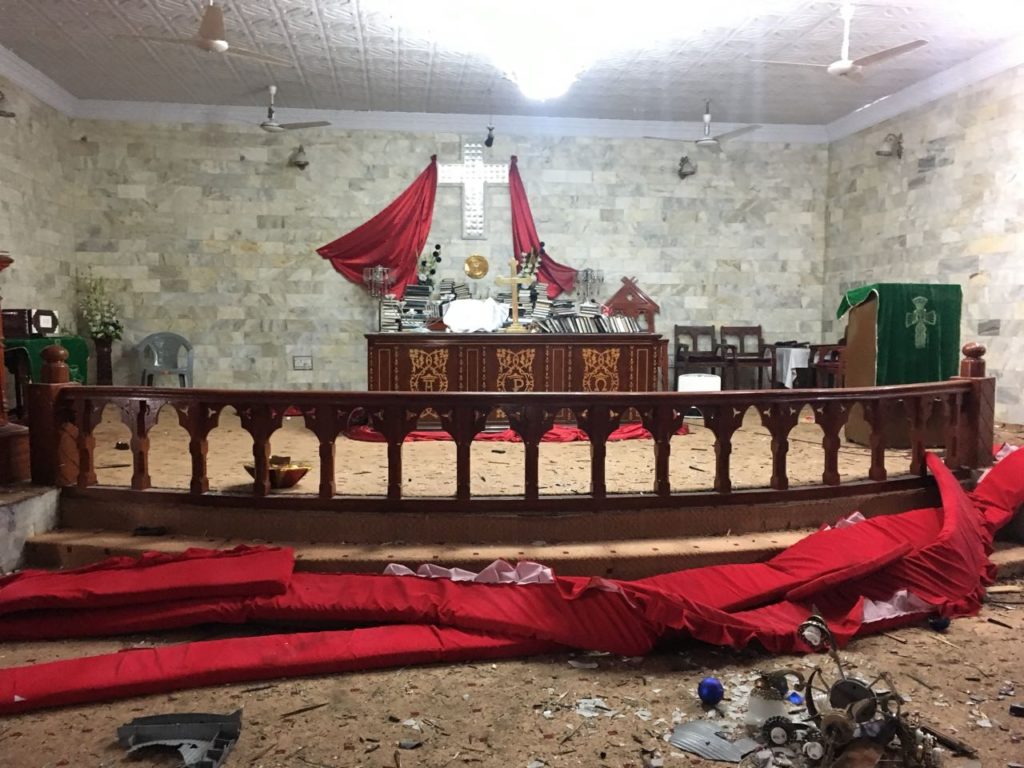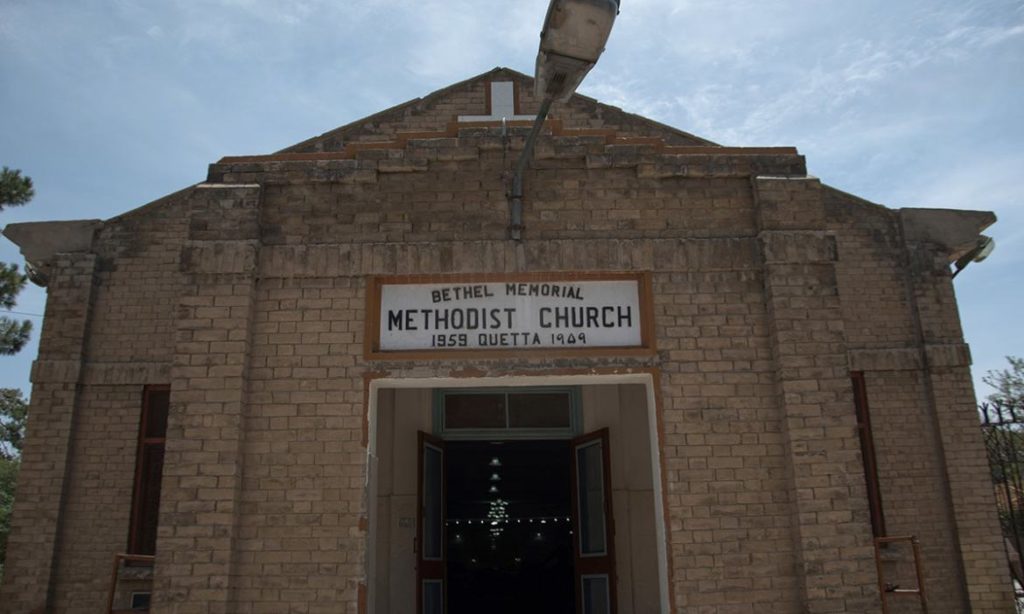How will Christians under pressure for their faith celebrate Christmas? In the first of our series we hear from Pakistan and Iraq.
Pakistan: Pattern of suicide attacks during festivals
This is the fourth time in three years that suicide bombers have targeted churches or gatherings around Christian festivals. Last Sunday (17 Dec) at least two suicide bombers attacked a service at a Methodist church in Quetta, leaving 11 dead and 50 injured.

“Security will be tight around churches across the country and the mood will on this Christmas be sober than jubilant, because we are grieved over the Quetta incident,” the Bishop of Multan, Leo Paul, told World Watch Monitor.
A Supreme Court judgment in 2014 ruled that the government should create a security force to protect non-Muslim places of worship, but it has done the opposite, and is obliging churches and others to provide their own security measures such as CCTV. But the Christian community in Pakistan is extremely poor and many congregations have been unable to do this.

At Bethel Memorial Methodist Church in Quetta, the busy Advent and Christmas programme of services has been interrupted by the funerals held on Monday for those killed in the previous day’s horror. But its pastor Simon Bashir told World Watch Monitor: “Church members are still resolute to continue with our church programme. We will mark our Lord Jesus Christ’s birth with full vigour, honour and solemnity.”
Security agencies are on high alert for Christmas. This Easter, security forces foiled a “major” terrorist plot against Christians in Lahore, home to the largest population of Pakistani Christians. The previous year a suicide attack took place on a park in Lahore, killing 340 people, mostly Christians celebrating Easter. Just before Easter 2015, around 25 people were killed in suicide attacks on two churches in a Christian neighbourhood in Lahore.
Iraq: Joy as families return
Some 6,330 families, around one-third of all those who fled Iraq’s Nineveh Plains to escape Islamic State jihadists in 2014, have now returned, according to the charity Aid to the Church in Need.
But many Christians are returning to homes that have been badly damaged and churches that have been desecrated, and there is a long road ahead to material recovery. More troubling is that many Christians believe the ideology of IS still hangs over the region. Sako said last week that a Sunni cleric in Kirkuk, which never fell to IS, recently described Christians as “infidels”, and a similar message was emanating from some mosques in the northern Kurdish region, meaning the threat to Iraqi Christians and other minority faith groups persists.
Merna (pictured) explains that even though families suffered during the three years they were in exile, this year will be different because people are happy to be back home.